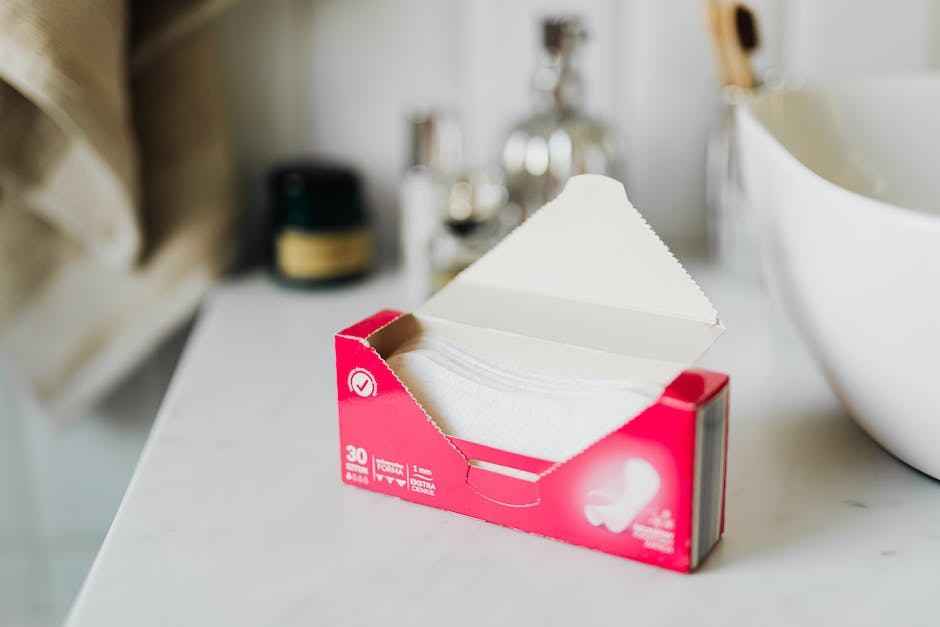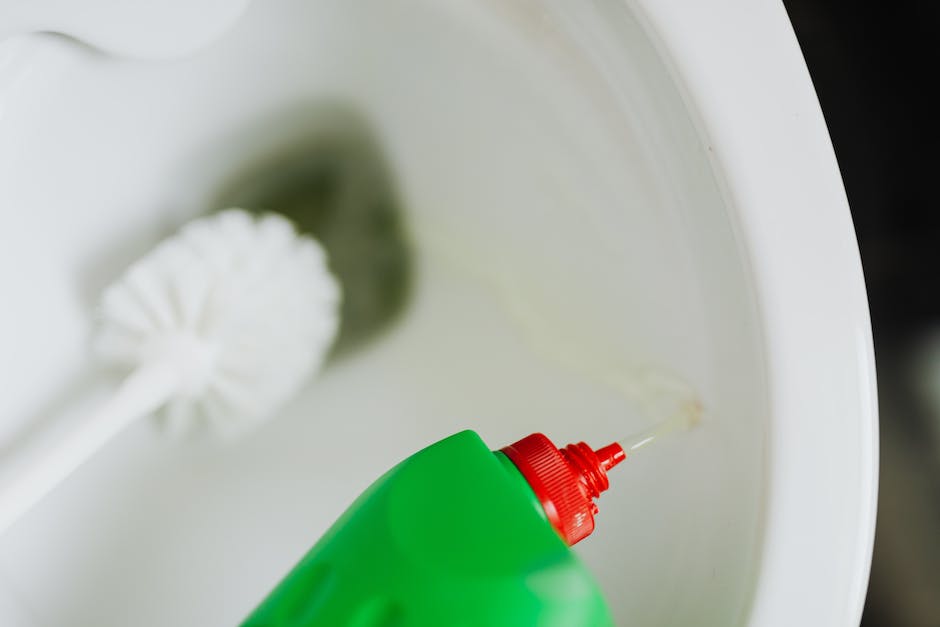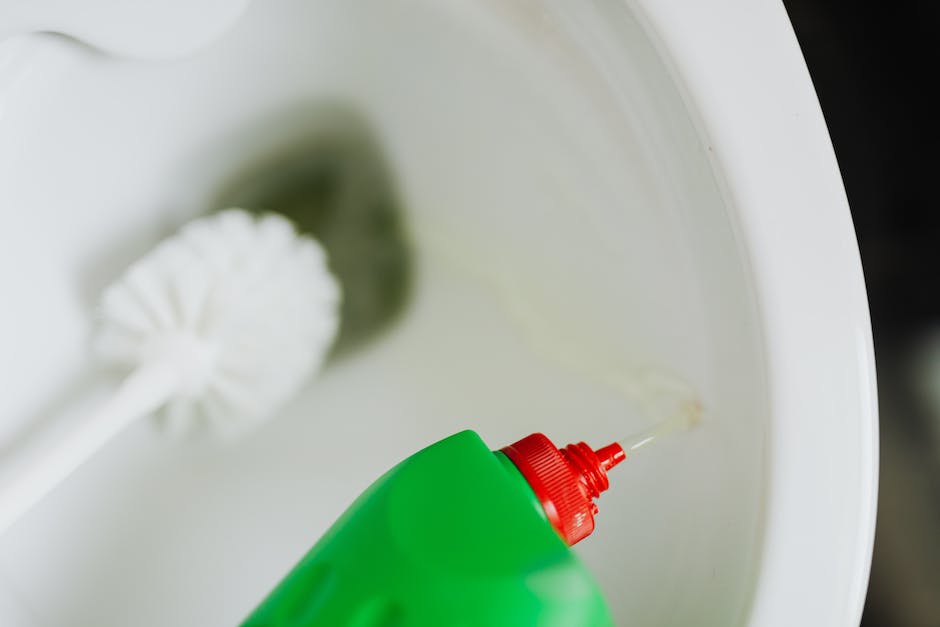Homeowners can take several steps to prevent or control termites. They should avoid storing wood or other cellulose materials near the house. If they have firewood, they should keep it off the ground and away from the house. They should also remove any stumps, dead trees, or fallen branches from their property. In addition, they should repair any leaks or other sources of moisture around the foundation of the house. Finally, they should regularly inspect their home for signs of termites and contact a pest control professional if they find any.
There are a few things you can do to protect your home from termites:
1. Seal any cracks or openings in your foundation to prevent them from entering your home.
2. Keep wood away from your home’s exterior. Termites are attracted to wood, so eliminating potential food sources will help deter them.
3. Remove any standing water around your home. Termites are attracted to moisture, so eliminating sources of water will help keep them away.
4. Regularly inspect your home for signs of termites, such as mud tubes or wood that sounds hollow when tapped. If you find any signs of termites, call a pest control professional to have them removed.
What can I put around my house to prevent termites?
It is important to seal all cracks, crevices and joints to prevent termites from entering your home. Two easy ways to reduce access include applying a fresh coat of paint, which can seal the smallest crevices in wood, and installing bug screens over attic and foundation vents.
There are a few different ways to go about killing termites. You can use a bait, a direct chemical treatment, or a foam. Here are the five best termite killers:
Taurus SC: This is the most popular option because it is effective and easy to use.
Bifen XTS: This is a fast-acting option that will kill termites quickly.
Spectracide Terminate: This is a bait that is designed to kill termites.
Termidor Foam: This is a direct chemical treatment that is effective at killing termites.
BioAdvanced Termite Killer: This is a DIY option that is effective at killing termites.
Can you get rid of termites forever
If you are concerned about termites, it is best to contact a professional for help. While you cannot get rid of termites permanently from the environment, professionals can help prevent them from taking root in your home and control any active colonies nearby. Do-it-yourself methods may be tempting, but prevention and treatment is best left to the experts.
To prevent termites from coming back after fumigation or treatment, it is important to keep their food away from your property. This means cutting away tree branches and bushes that are 1 to 2 ft away from your exterior walls. You should also avoid having water sit in the wrong place and causing a moisture problem. Having an annual termite inspection and maintenance plan is also a good idea.
What do termites hate the most?
If you suspect that a piece of furniture has termites, drag it to the yard to bake in the sun for a bit. Sunlight and heat exposure can kill termites, so this is a good way to get rid of them.
The Clemson University scientists found that certain essential oils can act as repellents for termites. Cedarwood, geranium, and tea tree oil were found to be particularly effective at repelling these pests. Clove bud, cinnamon, and garlic oils were also found to be effective at repelling termites.
What is the natural enemy of termites?
Termites and ants are natural enemies. They are constantly competing with each other for food and territory. Ant colonies have been known to raid termite colonies and consume termites as a source of food. This often leads to hostilities between the two groups.
There are two main chemicals used to kill termites—fipronil and hexaflumuron. Fipronil is the specially designed chemical used as an active ingredient in many different liquid termiticides. In high enough concentrations, it can kill termites on contact.
Can I spray my own house for termites
This is a good method for termite control, as it will kill the insects while they are trying to move through the treated area. Be sure to dig the trench carefully and fill it with the insecticide according to the manufacturer’s directions.
There are several things that can attract termites, one of which is moisture. If there is moisture present in your home, whether it be from leaky pipes, improper drainage, or poor airflow, this can create the perfect environment for termites to thrive. Dampwood and subterranean termites are particularly attracted to humid environments, and while dampwood termites prefer water-damaged wood, subterranean termites are unable to live unless surrounded by enough moisture. If you think you may have a moisture problem in your home, it’s important to take care of it right away to avoid attracting these unwanted pests.
What really kills termites?
Boric acid is a great way to get rid of insects. The acid complicates a termite’s digestive and metabolic system. After prolonged exposure, the termite will eventually die. This takes about three to seven days on average.
Termites are considered one of the most destructive pests because of the potential damage they can do to your property. It is estimated that termites cause over $5 billion in damage each year in the United States alone.
While most Termites feed on dead plant matter, some species of Termites can infest and feed on the wood in your home or business – causing serious damage. A mature Termites nest can contain up to 60,000 Termites and can consume 2×4 wood within 5 months.
If you suspect you have Termites, it’s important to contact a licensed pest professional to have your property inspected as soon as possible. Waiting too long to address a termite problem can result in costly damage to your foundation or structural support beams.
How do you tell if you have termites in your walls
If you notice any of these signs, it’s important to investigate further to determine whether or not you have a termite problem. Hiring a professional inspector is the best way to be sure.
If you are seeing any of the following signs, it’s possible you have a termite infestation:
– Stuck Windows or Doors: If you have a window or door that feels suddenly stuck, or is much harder to open or close, it could be due to termite damage.
– Damage under Paint or Wallpaper: If you see signs of damage, such as holes or splitting, under paint or wallpaper, it’s possible termites are the culprit.
– Termite Swarmers & Discarded Wings: If you see swarmers (termites with wings) or their discarded wings, it’s a sign that there is an infestation.
– Mud Tubes: If you see tubes made of mud on the exterior or foundation of your home, it’s a sign that termites are present.
– Termite Droppings: If you see small, pellet-shaped droppings, it’s a sign that termites are present.
What is termites biggest enemy?
Ants are the Enemy of Termites
Ants are the biggest natural predators of termites. If you have an established colony of ants in your yard, it is highly unlikely that you will have an established colony of termites.
A commonly mentioned substance that termites hate is vinegar. The problem is that it is difficult to permeate this smell through any interior wood where termites could hide, and the liquid could risk weakening dry wood further.
What can I spray on wood to prevent termites
Woodlife Coppercoat can be used to treat wood that is below ground as well as cut ends that are most at risk. You can also use a borate spray like Bora-Care to keep termites and carpenter ants away from wood. All you have to do is dilute the formula with water and spray it on the wood surface.
If the temperature rises to 100 degrees or dips below 25 degrees fahrenheit, termite life cannot be sustained. This is because termites rely on warmth to survive, and outside of their optimal temperature range they will quickly perish. As such, it is important to maintain warm conditions if you want to keep termites alive and healthy.
Conclusion
To protect your home from termites, you’ll want to take several preventative measures. First, make sure to keep your gutters clean and free of debris. This will help to keep moisture away from your home, which termites need in order to thrive. You should also regularly inspect your home for any signs of termite damage, such as mud tubes or wood that sounds hollow when tapped. If you do find evidence of termites, be sure to call a licensed exterminator right away.
In order to protect your home from termites, you should have your home inspected regularly by a pest control professional. You should also make sure to keep your gutters clean and repair any leaks in your foundation.

